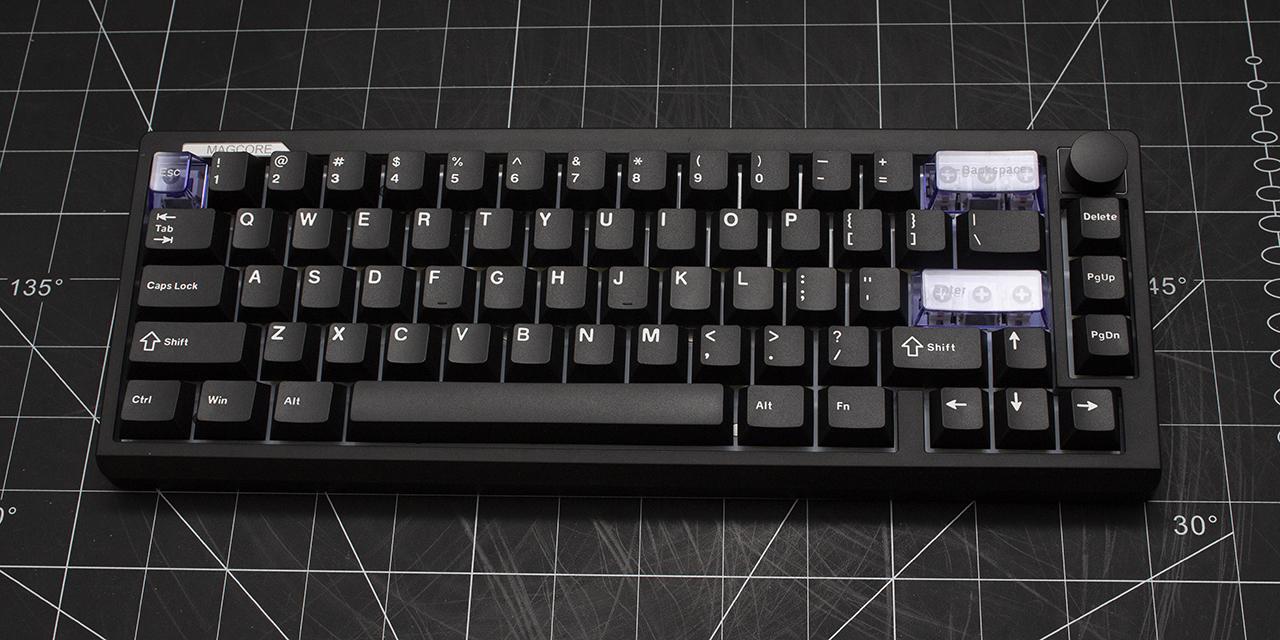|
From DailyTech: Intel Corp. (INTC) is finally seeing real competition in the personal computer CPU market for the first time in years. A surging ARM Holdings plc (ARMH) is expected to be powering as many as 50 percent of mobile computers by 2015, thanks to new support from the upcoming Windows 8. For Intel, the company's main hope in the mobile devices sector rests with its upcoming "lucky" Cloverview Atom processor and Clover Town chipset. Built on 32 nm process, the chip is the first step in Intel's ambitious plan to catch its power efficient, lightweight CPUs up with its high performance processor line, in terms of processes. Current Atom chips are built on a 45 nm process and tend to use much more power than ARM smart phone and tablet chips. Cutting the transistor size will help to dramatically trim the power consumption of the Atom platform. According to an This is My Next report, Intel executive Bill Kircos, director of product and technology media relations for Intel, said that the chip would land alongside the launch of Windows 8, at the latest, and could launch even sooner. The executive describes Windows 8 + Clover Town as a "nice one-two chip-software punch." Windows 8 is expected to launch October-November 2012. It appears, based on reports, that Cloverview will occupy the mid-end tablet hardware range, occupied by Android and other players. In that regard it'd be the direct successor to Moorestown. The chip will accompanied by two other 32 nm designs -- a smart phone processor dubbed Medfield, set for an early 2012 launch, and a laptop/netbook processor dubbed Cedarview, which comes with the Cedar Trail chipset -- the effective successor to Oak Trail. Intel may not offer ARM true competition for the power efficiency crown until it deploys its 22 nm followups to the Medfield/Cedar Trail/Clover Town trio. Intel is implementing 3D transistors at that node, which have been shown in tests to drastically reduce the leakage current (thus offering better battery life). Those chips are expected to drop sometime in 2013. View: Article @ Source Site |
 |
Intel Hopes to Release 32 nm Atom Cloverview With Windows 8 Next Year
© Since 2005 APH Networks Inc. All trademarks mentioned are the property of their respective owners.





